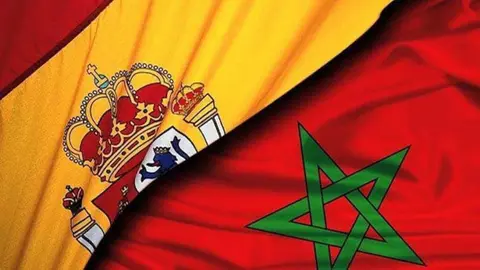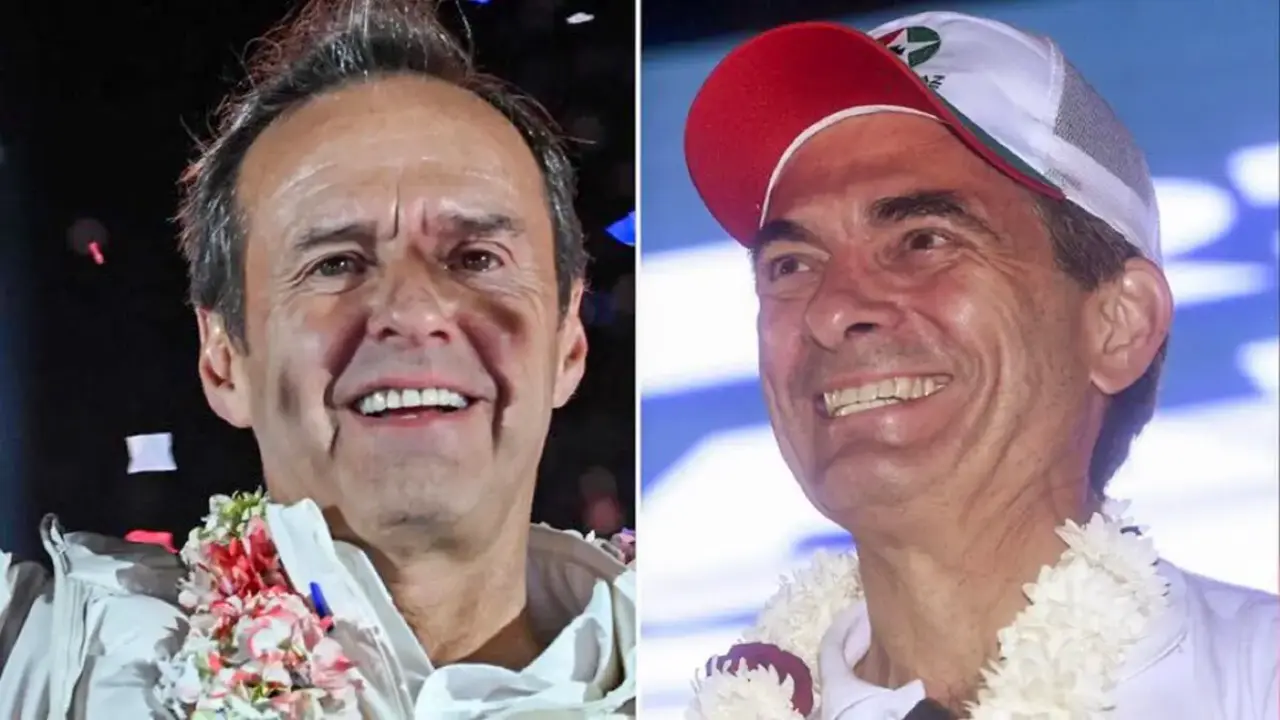Brussels highlights Spain's leadership and Morocco's role in the 50% drop in illegal migration

The Commissioner for Home Affairs, Ylva Johansson, has highlighted the results of the initiatives launched since December to tackle migration through the Central Mediterranean and Atlantic routes, in cooperation with Maghreb countries.
The European Commission has pointed to Spain's leadership and Morocco's collaboration in halving the illegal arrival of migrants to the European Union via the Atlantic route since the beginning of 2023, when Brussels launched a plan to organise efforts to combat illegal migration with the countries of origin and transit.
In doing so, Interior Commissioner Ylva Johansson highlighted the results of initiatives launched since December to tackle migration via the Central Mediterranean and Atlantic routes, in cooperation with Maghreb countries.

After the boom in the arrival of migrants to the Canary Islands in the last two years, the Interior Minister stated that the situation is now "under control" on the Atlantic coast, with a "considerable" downward trend.
Johansson confirmed a 50% drop in illegal arrivals via this route, a decrease which she attributed to the "intense efforts" of the European Union, "but especially the Spanish Government and key partners, mainly Morocco". In this regard, she praised the Minister of the Interior, Fernando Grande-Marlaska, for the leadership he has shown within the EU-27 in agreeing initiatives with third countries to combat illegal migration.
Ahead of the meeting of European interior ministers on Thursday and Friday, Brussels has presented an action plan with 18 measures to help Member States to strengthen the management of migration along the Atlantic route, based on the idea of preventing irregular departures and saving lives in collaboration with third countries.

The Swedish commissioner explained that the plan seeks to identify operational priorities and implement cooperation measures between the EU and the EU-27 for the management and prevention of migration. These include the objective of preventing irregular migration and fighting human traffickers with partnerships such as the one with Morocco, a pact that has EU cooperation funds and which seeks to consolidate activities in African countries and along the entire route to Europe against the mafias that deal in people.
In terms of border management, the EU aims to strengthen Morocco, Mauritania, Senegal and Gambia to improve actions to prevent illegal migration through cooperation agreements with the Frontex agency.
While on issues of deportations and readmission of illegal migrants, the European Commission wants to support voluntary return operations and improve contact with third countries for cooperation on the return of their nationals.
On legal migration channels, the EU executive urges the effective application of protection mechanisms in countries of origin and transit, and calls for the promotion of legal protection channels in the EU through resettlement, humanitarian admission and complementary channels, as well as the implementation of talent promotion programmes, such as the one in force with Morocco, and which the bloc aspires to sign with Nigeria and Senegal to promote legal migration and mobility.









